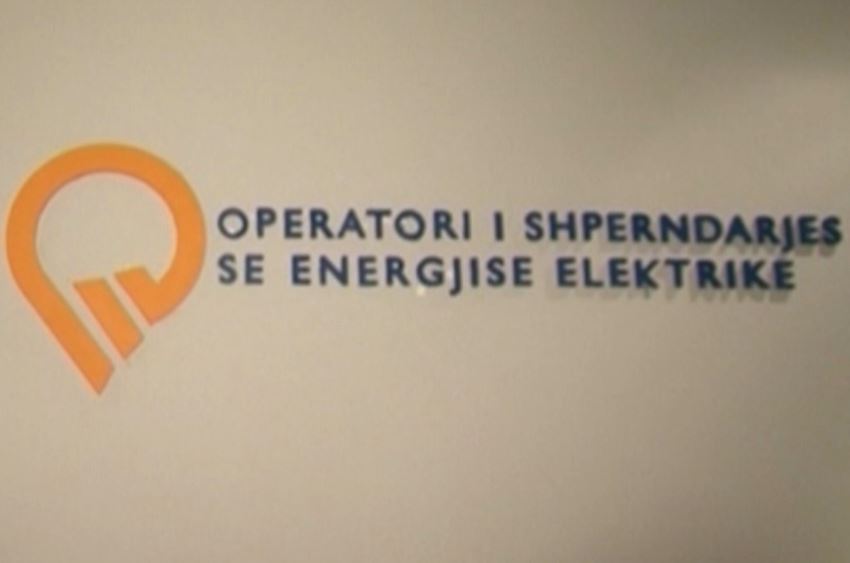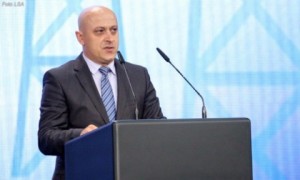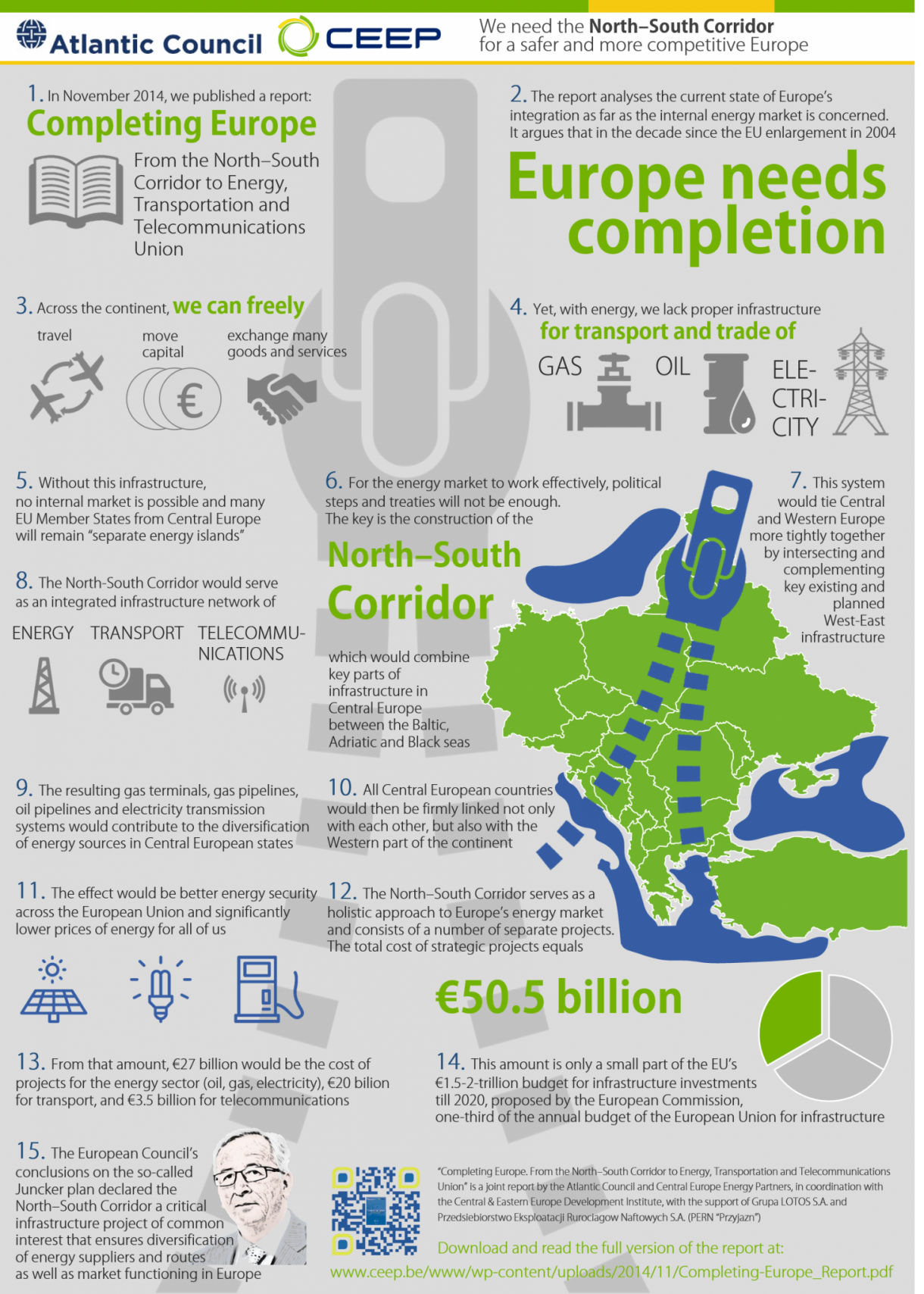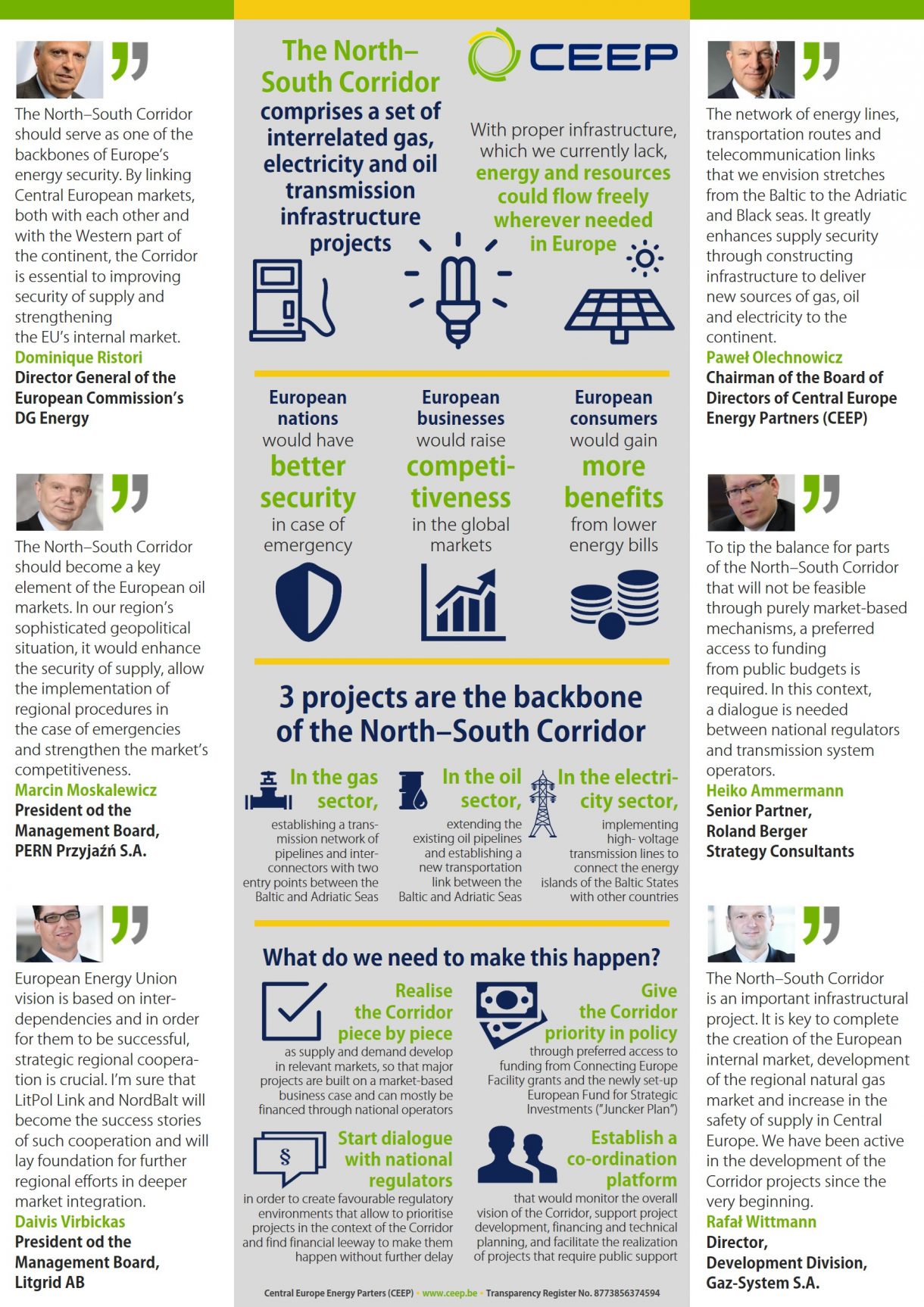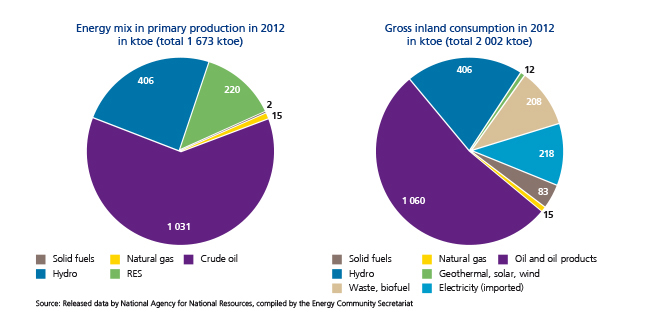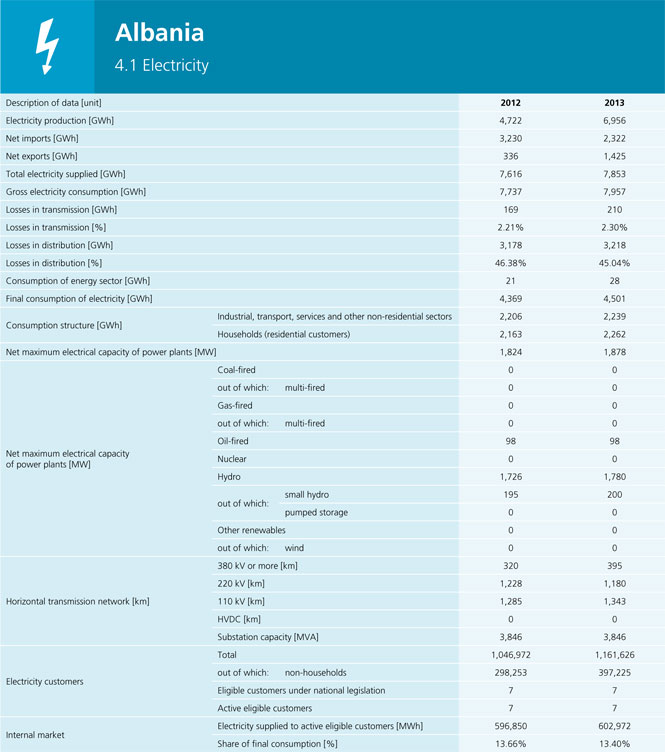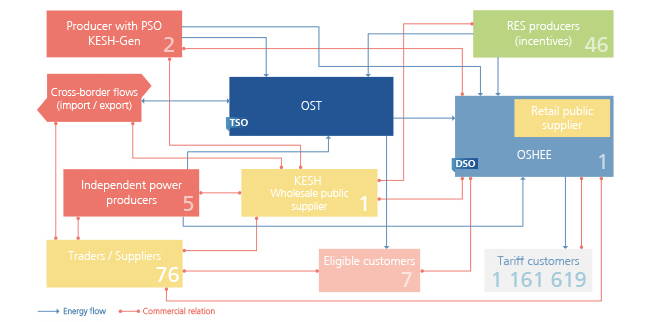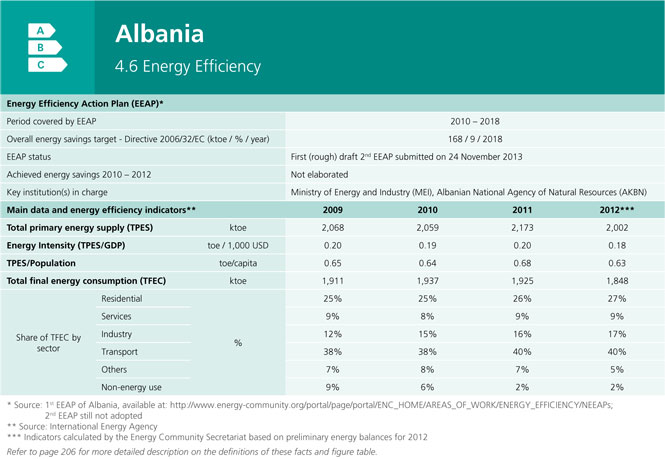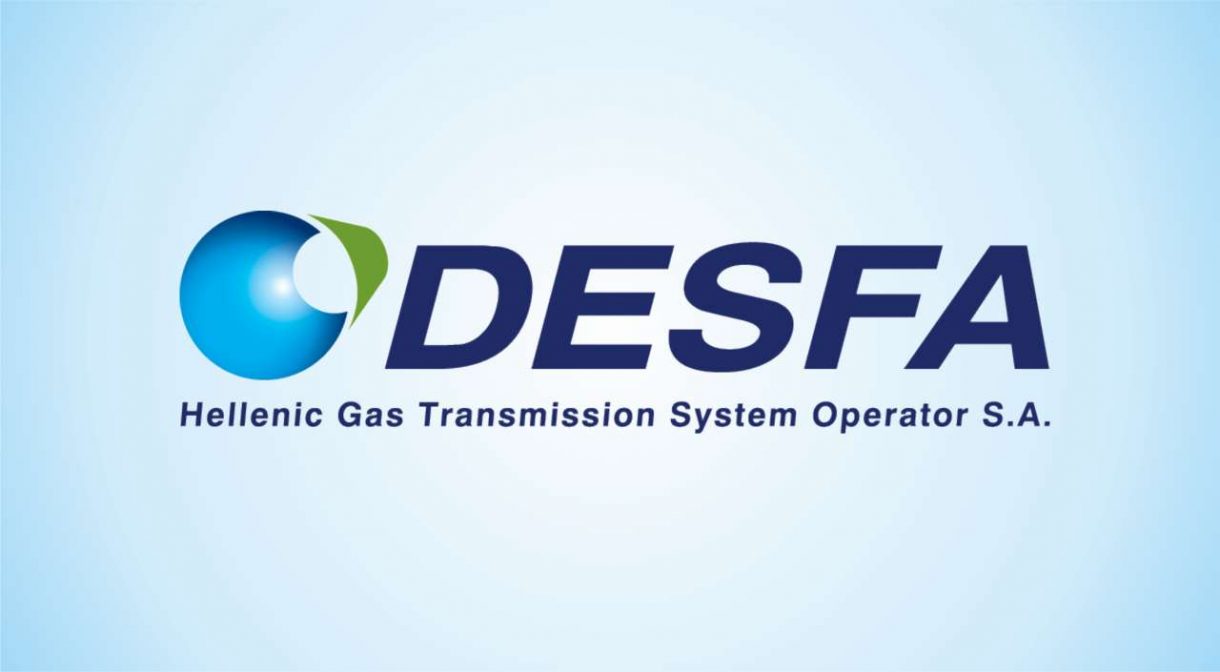
SOCAR’s buying stake in DESFA runs smoothly.
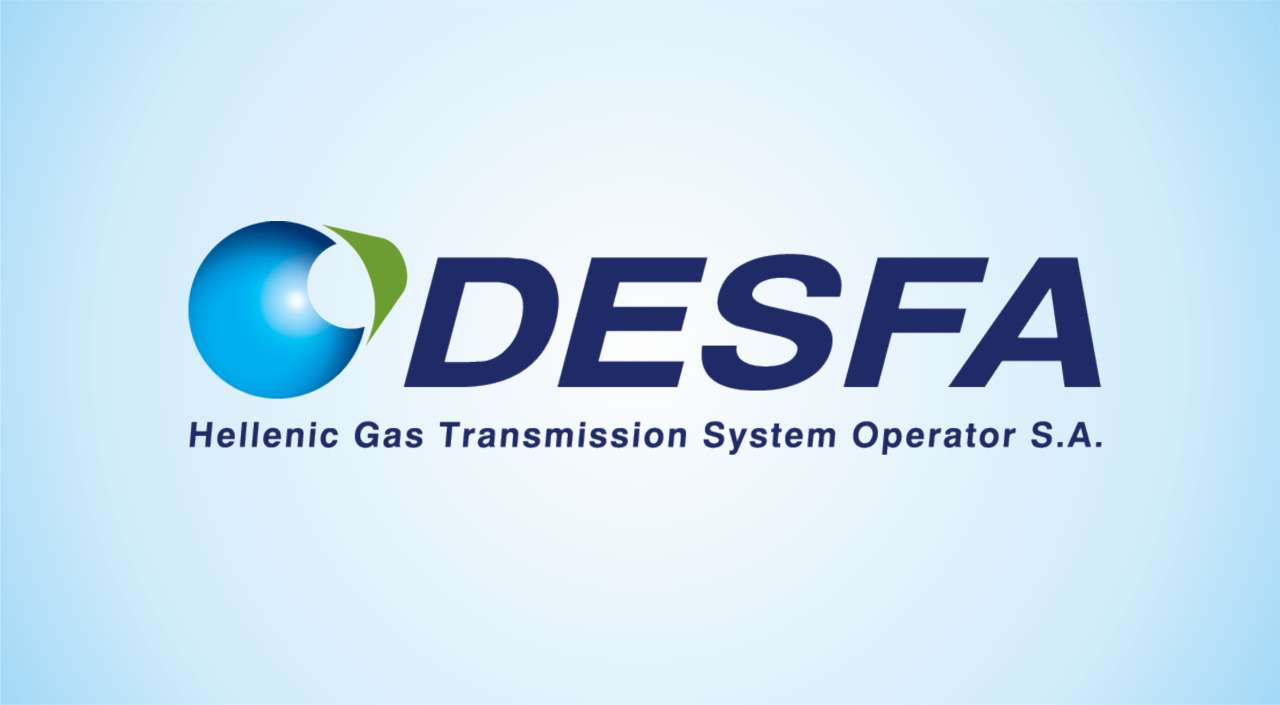
The process of acquisition of a 66 percent stake in the Greek DESFA gas operator by SOCAR (State Oil Company of Azerbaijan) runs smoothly, Greek Productive Reconstruction, Energy and Environment Minister Panos Skourletis said, the Greek media reported Oct.1.
Skourletis made the remarks at a meeting with Azerbaijani Ambassador to Greece Rahman Mustafayev, Adviser to the SOCAR President Murad Heydarov and head of SOCAR Energy Greece Anar Mammadov.
Skourletis went on to add that one should expect the concrete results on the sale of DESFA’s stake to SOCAR in the coming months.
“This process is developing in a way which would meet the requirements of the European Commission’s Directorate-General, and it runs smoothly,” said Skourletis.
In addition, the sides discussed the implementation of the TAP pipeline project during the meeting.
The Greek minister told at the meeting about the overall progress achieved during discussions with the TAP representatives on resolving the issue regarding the gas pipeline route on the Greek territory.
Earlier, SOCAR President Rovnag Abdullayev said that SOCAR is ready for talks with European companies on selling the 16-percent share in Greek DESFA gas transmission system operator.
SOCAR won a tender in December 2013 on the sale of 66-percent share in DESFA for 400 million euros.
The European Commission started an inquiry into the compliance of the deal on acquisition of a stake in DESFA with the EU’s regulations In November 2014. Currently, the deal is being considered by European Commission’s Directorate-General for Competition, and the procedure will last until late 2015.
SOCAR is the sole producer of oil products in Azerbaijan. It has two oil refineries and filling stations in Azerbaijan, Georgia, Ukraine, Romania and Switzerland. The company is the co-owner of the largest Turkish petrochemical complex, Petkim, and other assets in Turkey.
The company is currently carrying out work as part of ensuring the Azerbaijani gas supplies to Europe. Work is underway in this regard within the second stage of development of the Shah Deniz offshore gas and condensate field, and for expansion of the South Caucasus Pipeline.
Moreover, projects are being developed for construction of the Trans Anatolian Natural Gas Pipeline (TANAP) and the Trans Adriatic Pipeline (TAP).
TAP will transport natural gas from the giant ‘Shah Deniz 2’ field in Azerbaijan to Europe.
The approximately 870 km long pipeline will connect with the Trans Anatolian Pipeline (TANAP) at the Turkish-Greek border at Kipoi, cross Greece and Albania and the Adriatic Sea, before coming ashore in Southern Italy.
The pipeline’s construction is expected to start in 2016.
TAP’s initial capacity will be 10 billion cubic meters per year, expandable to 20 billion cubic meters per year.
TAP’s shareholding is comprised of BP (20 percent), SOCAR (20 percent), Statoil (20 percent), Fluxys (19 percent), Enagás (16 percent) and Axpo (5 percent).

